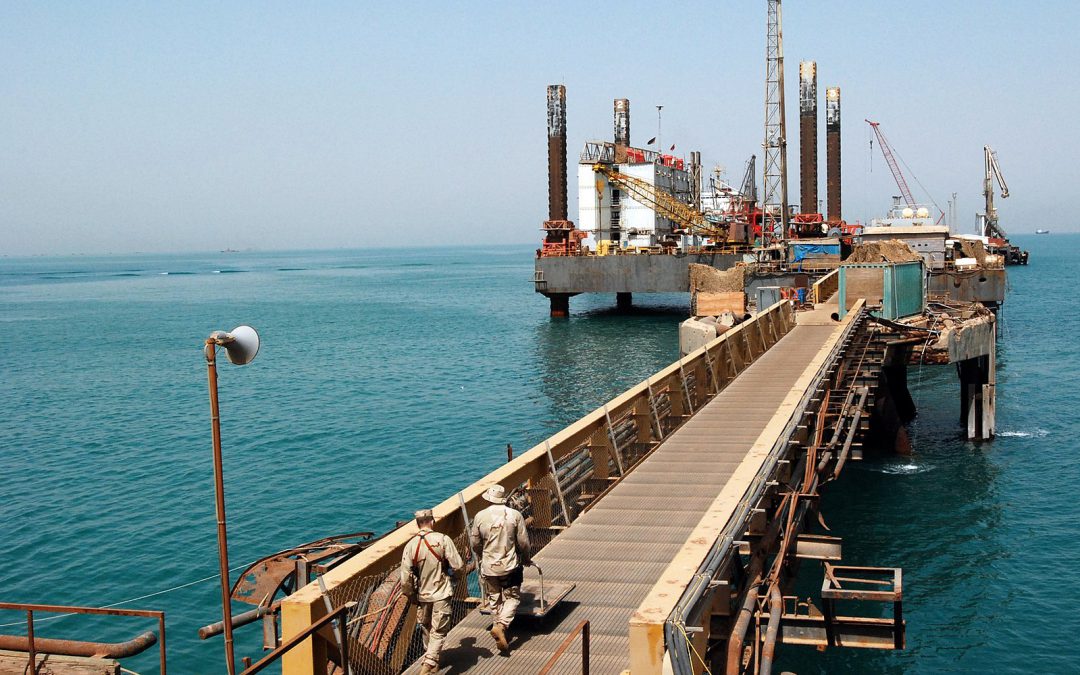WASHINGTON — The Trade Bank of Iraq is expected to stop processing payments to Iran if US sanction exemptions expire next month, Agence France-Presse reported Tuesday. The bank is used by Iraq to pay for Iranian gas imports that are used to power the country’s electricity grids. About a third of Iraq’s electricity supply relies on Iran.
“We’ll stop. As simple as that,” the head of the bank, Faisal al-Haimus, told the news agency, adding that the bank will not pay for or deal with any Iranian entity over gas or electricity.
Why it matters: The statement comes amid escalating US-Iran tensions. In 2018, Washington ordered sanctions on Iran’s energy sector but has granted Iraq temporary waivers to continue Iranian imports over the last 15 months.
US sanctions against Iran have severely impacted Iranian energy exports and stopping payments from Iraq could cause further concerns. Iranian President Hassan Rouhani said in December that Iran lost $200 billion from US sanctions and Iranian Supreme Leader Ayatollah Ali Khamenei earlier this month said the country’s reliance on oil revenues needs to stop.
What’s next: Earlier this month, Iraq’s parliament passed a nonbinding resolution calling on the government to expel US troops from the country. Just over 5,000 US troops are in the country to train Iraqi security forces and cooperate in battling remaining Islamic State fighters. The vote followed a US drone strike near Baghdad airport that killed Qasem Soleimani, the Iranian major general and commander of Iran’s Quds Force, and Abu Mahdi al-Muhandis, the deputy head of Iraq’s Popular Mobilization Units. In response to the vote, US President Donald Trump threatened sanctions against Iraq “like they’ve never seen before” if American troops were forced to leave.
If Iraq complies with the sanctions, it could paralyze their electricity sector, which relies heavily on Iranian imports. However, if the country ignores the sanctions after the exemption expires, they could be hit with secondary sanctions, including restricted access to crucial US accounts. Washington is considering blocking Iraq’s access to a $35 billion US-based account where Baghdad holds its oil revenues, according to Agence France-Presse. This account contributes to 90% of the national budget.
Know more: Read White House correspondent Laura Rozen’s report on Iraqi President Barham Salih’s call for restraint after meeting with Trump in Davos today, and congressional correspondent Bryant Harris’ story on Senate Republicans’ support for the White House’s call for Iraq sanctions.

